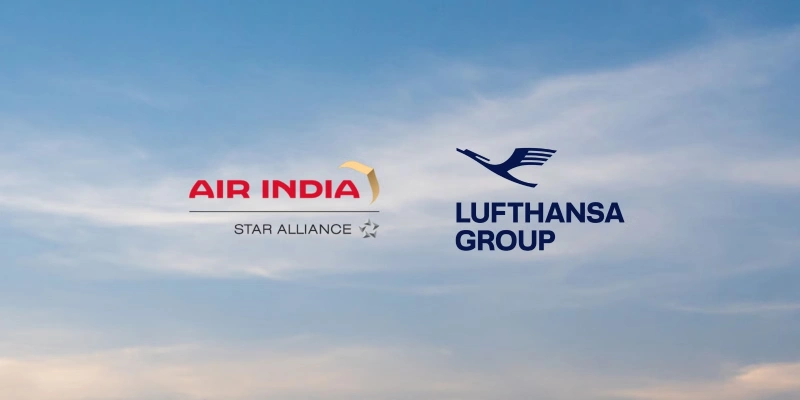Sustainability in aviation has taken a turn in Colombia with the adoption of Resolution 00090 of 2025 by the Civil Aeronautics Authority. This document establishes a roadmap for the implementation of Sustainable Aviation Fuels (SAF) nationwide, positioning Colombia as a regional pioneer alongside Chile and Brazil.
Why Are SAF Fuels Crucial?
Sustainable Aviation Fuels are a key component in the energy transition and decarbonization of air transport. These fuels are expected to significantly reduce greenhouse gas (GHG) emissions and improve air quality while fostering more sustainable economic and social development.
→ Civil Aeronautics authorized 110 international air routes between 2023 and 2024
Ambitious Goals for 2035 and 2050
The strategic plan sets specific targets: to produce 100 million gallons of SAF by 2035 and reach 450 million gallons by 2050. These goals are essential to guide the Colombian aviation sector toward a more environmentally friendly future, leveraging the country’s natural resources and attracting foreign investment.
Three Fundamental Pillars
1. Decarbonization of the Aeronautical Sector
Drawing on expertise from the biodiesel and ethanol industries, the goal is to establish a SAF industry that significantly reduces GHG emissions.
2. Development of a Productive and Sustainable Industry
With a strategic geographic location, Colombia aims to become a regional leader in sustainable fuel production, generating jobs and promoting rural development.
3. Social Transformation and Inclusion
SAF production will focus on regions such as Putumayo, Cesar, and Bolívar, creating economic and social opportunities in rural communities.
The Cross-Cutting Axes of the Roadmap
1. Legal and Regulatory Enablers
Establishing a robust legal framework to facilitate the production and use of SAF in Colombia.
2. Promotion of Supply and Demand
Developing mechanisms to incentivize the production and consumption of SAF both nationally and internationally.
3. Deployment of the Supply Chain
Strengthening the infrastructure required to ensure efficient SAF distribution across the country.
4. Technological, Educational, and Industrial Development
Promoting research, innovation, and the training of specialized talent in SAF production.
5. Financing and Investments
Creating financial schemes that attract foreign and domestic investment for the sustainable fuels industry.
A Context of Aviation Growth
In 2024, Colombia transported approximately 56 million passengers, with 130 international routes and 168 domestic routes in operation. This growth underscores the urgent need to adopt cleaner, more sustainable fuels to secure the future of aviation in the country.
With the adoption of Resolution 00090 and the implementation of the SAF roadmap, Colombia is positioning itself as a sustainability leader in the region. This initiative reaffirms the country’s commitment to environmental protection and the economic and social development of its communities.
Related Topics
Embraer and Adani Defence & Aerospace Elevate Alliance: Agreement for an E175 Final Assembly Line in India
Lufthansa Group and Air India Sign MoU for Joint Business Agreement Following EU-India Free Trade Deal
Air India Fined $110,350 for Operating Airbus A320 Without Valid Airworthiness Certificate
AirAsia X Launches Kuala Lumpur-Bahrain-London Route, Establishing Bahrain as Its First Strategic Hub Outside Asia

Un apasionado por la aviación, Fundador y CEO de Aviación al Día.




